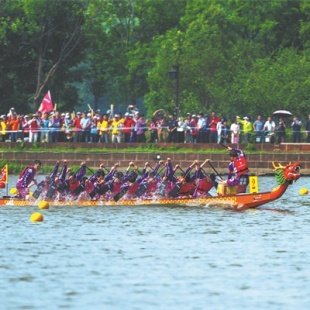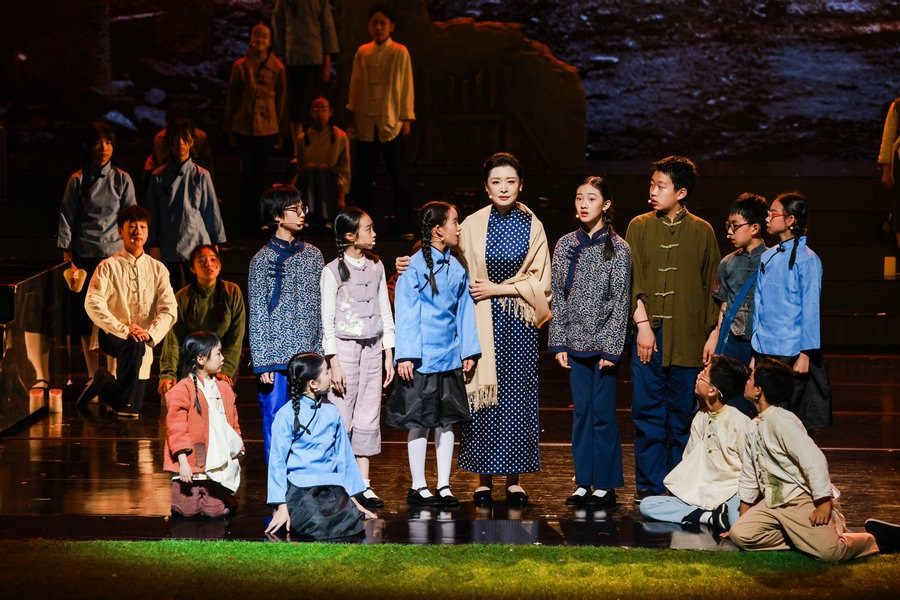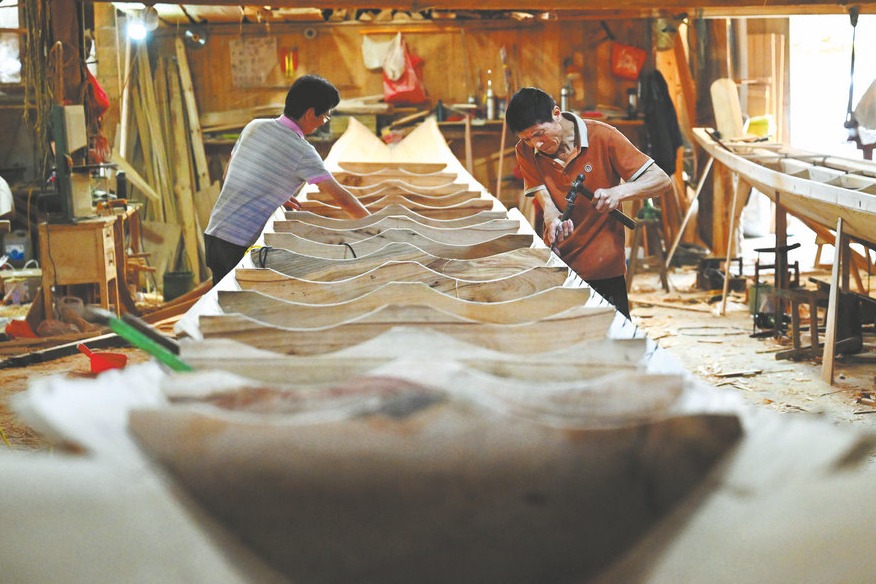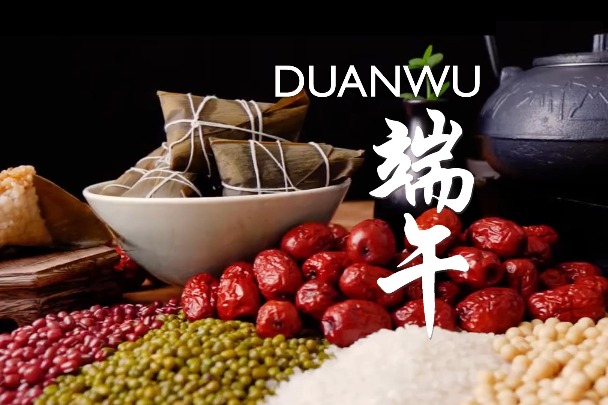How a traditional festival became China's cultural bridge
In Hubei's Dabie Mountains, ancient dragon boat traditions forge new bonds between generations

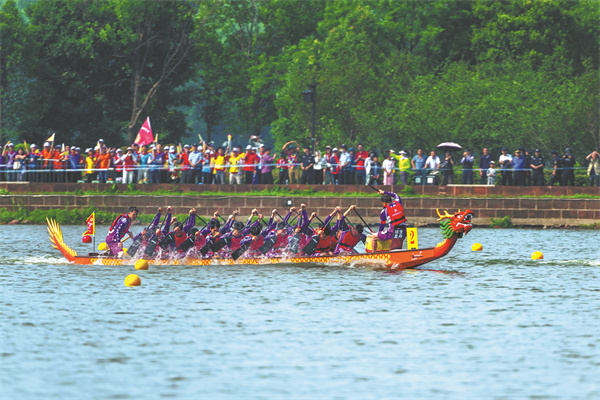
When 70-year-old Cheng Guizhi hung the first bundle of mugwort herbs above her weathered door-frame at dawn, a dozen livestreaming phones captured the ritual from multiple angles.
As the sun rose over the Dabie Mountains' terraced fields, these images would reach urban viewers hundreds of kilometers away in Wuhan, Hubei province — where a tech worker paused over her coffee to take a screenshot of the scene, later using it as her phone's wallpaper.
This exchange epitomizes rural Hubei's attempts at cultural rejuvenation. Once-fading ancient Chu traditions, resurrected through Dragon Boat Festival tourism, have driven a surge in village participation in recent years.
From AI-monitored dragon boats to the food delicacy zongzi, the traditional festival in Qichun county, which started on May 24 and lasted for two days, has become the crucible for China's rural-urban reconnection.
In Zhulin township's mist-shrouded valleys, the making of fennel zongzi, the sticky rice dumplings synonymous with the festival, unfolds with great precision.
"Every leaf comes from slopes above 400 meters — where the air thins and flavors concentrate," explains Wu Fengsheng, Party secretary of the township, as he watches workers layer free-range pork with the herbs.
The township's cooperative, a gathering of local women and food scientists, produces zongzi every year to meet demand in nearby townships. Each triangular parcel carries a bar code attached to the wrapping that when scanned reveals the exact terraced plot where the fennel was grown.


